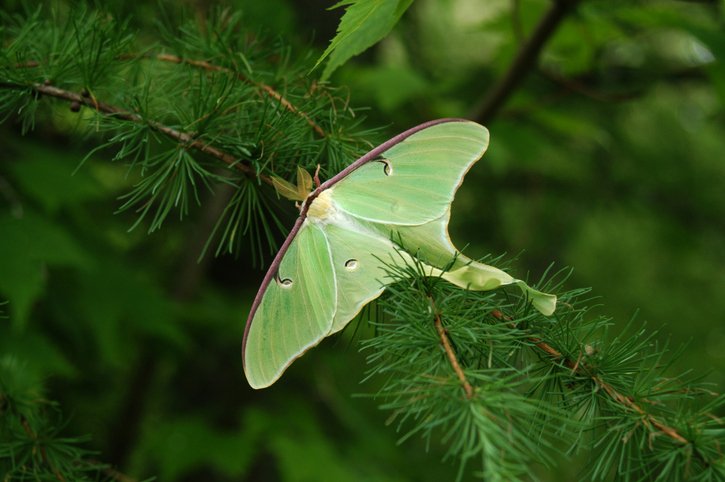Are you a plant xenophobe?
/Echinacea purpurea (Purple Coneflower) is a native to eastern North America. However, as was pointed out at the recent Ecological Landscaping Association's conference in Springfield, MA, many of the plants we call Native today were new to this continent at one point--say 10,000 years ago, for example.
Would you turn up your nose at a lupine from the other side of the Rockies? Refuse to hobnob with anyone who is unconcerned about woolly adelgid and the deterioration of our hemlock forests?
The 17th annual conference of the Ecological Landscaping Association held last week in Springfield, MA walked the tightrope on these and many other questions.
On the one hand, native plants were lauded for supporting native fauna like no other. The Karner blue butterfly, for example, relies on wild lupin for its reproduction. It lays its eggs on lupin leaves and its caterpillars then eat the leaves they are born on. However, the butterfly cannot distinguish between the species lupin (Lupinus perennis) and lupin relatives that have wandered over the Rockies and put down roots on this side of the Continental Divide. The consequence is that the blue Karner butterfly lays its eggs on this wrong-lupin and its caterpillars are unable to thrive on its leaves--and so do not survive. Another butterfly needing help from gardeners: the monarch. The milkweed plant (Asclepia tuberosa) would love to play host to it, but is itself getting wiped out by increased development and destruction of its habitat.
On the other hand, ecologist Jono Neiger peered into the controversy surrounding native vs. invasive plants and challenged many cherished ideas on the grounds that many long-adapted North American plants were at one time not indigenous to this continent, and that even the hemlock (the cause of as it is widely infested by an insect from Asia) disappeared at one point from the North American fossil record, and then returned. While not advocating recklessness or indifference to the fate of native flora and fauna, Neiger drew attention to the intense feelings and warlike language used concerning Invasive and Non-Native plants, and questioned whether the emotion directed at plants newly arrived to the continent or the energy invested in eradicating and avoiding the usage of these plants was significantly helpful. Ultimately, he asked, since addressing the issue of invasive plants has little impact on the elevated carbon dioxide levels in the atmosphere, should we be focusing our energies on other, more valuable solutions to the urgent problems facing the planet?





















